July
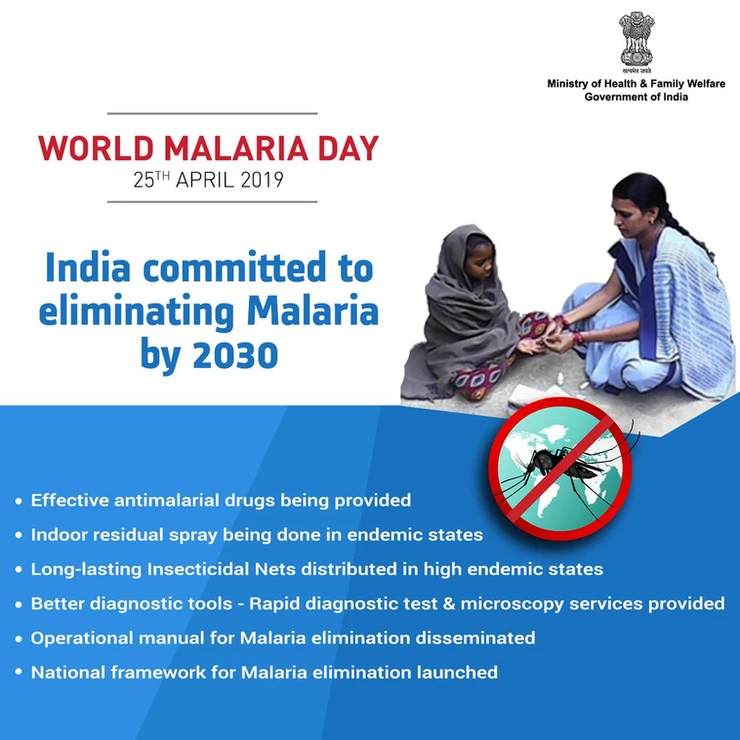
ICMR launched MERA India to eliminate malaria from India by 2030
Indian Council of Medical Research has launched the ‘Malaria Elimination Research Alliance (MERA) India’ – a conglomeration of partners working on malaria control – in order to prioritise, plan and scale up research to eliminate the disease from India.
To identify, articulate, prioritize & respond to the research needs of the country to eliminate malaria from India by 2030, ICMR launched MERA India. Health Secretary, DG-AFMS, RA-WHO and other stakeholders expressed commitment for this purpose. Indian Council of Medical Research (ICMR) has been set up with a mandate to support national malaria control programme through basic applied and operational research aiming to eliminate malaria from the country.
“MERA India alliance is very important to the Ministry of Health and Family Welfare because of the operational research. The WHO report has appreciated our research for the decline in malaria and it is time to ensure its elimination by 2030,” Union Health Secretary Preeti Sudan said.
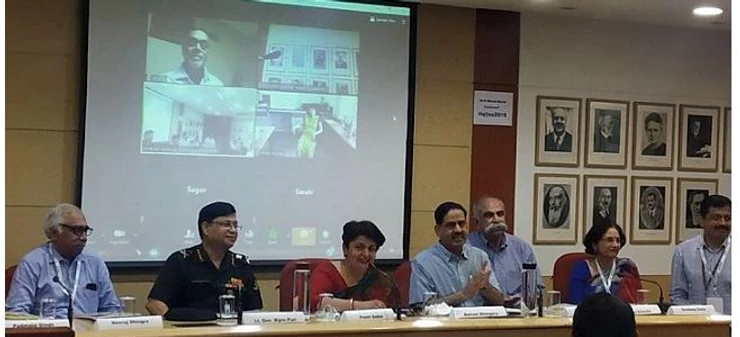
Malaria is a disease having symptoms of recurrent fever with chill and headache. After onset of fever it subsides after sometimes and again reoccurs. In severe cases it can progress to coma or even death. It is caused by parasites known as Plasmodium. It commences with the bite of female Anopheles mosquitoes which carries this parasite.
The disease is widespread in tropical and subtropical regions around the equator, including much of Sub-Saharan Africa and Asia. In India the disease occurs throughout the year across the country. However, it is more prevalent during and after the rainy season due to mosquito breeding.
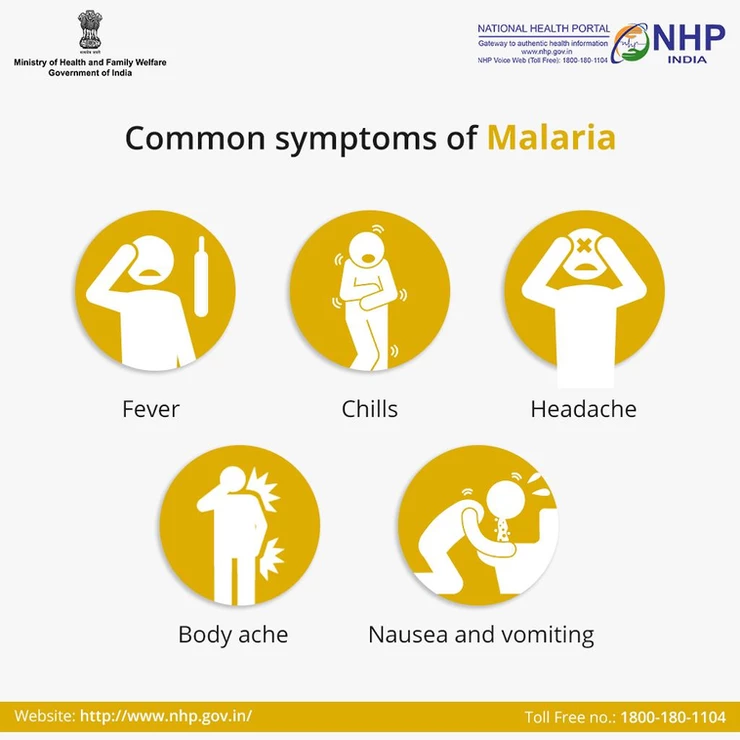
According to World Health Organization (WHO), India contributes 77% of the total malaria cases in Southeast Asia. The disease is mainly prevalent in the states of Rajasthan, Gujarat, Karnataka, Goa, Southern Madhya Pradesh, Chhattisgarh, Jharkhand, Odisha and in northeastern states.
Symptoms of malaria can develop in seven days after the bite from the infected mosquito. Typical symptoms include:
Fever, headache, vomiting and other flu-like symptoms, (The fever occurs in four-to-eight hour cycles.) The parasite infects and destroys red blood cells resulting in fatigue, fits/convulsions and loss of consciousness.
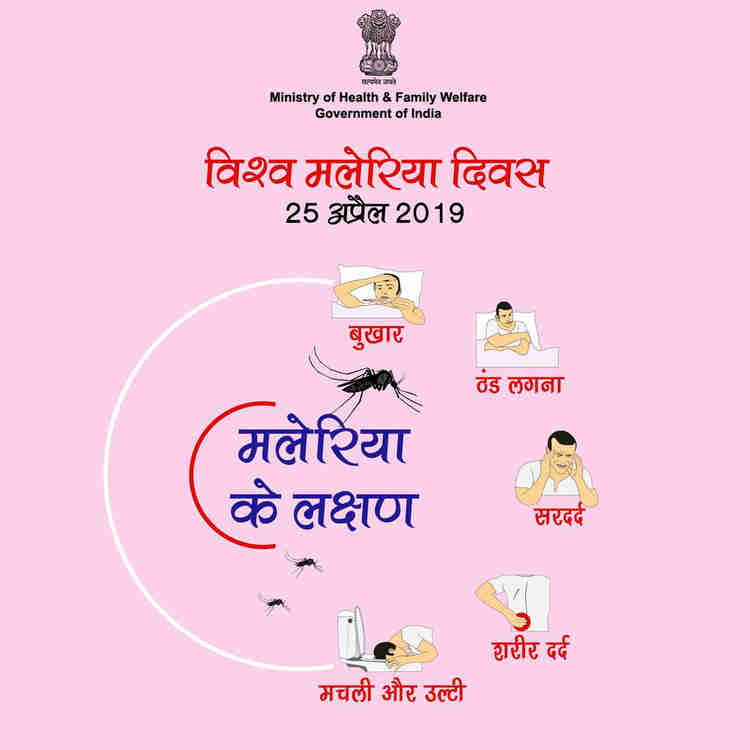
Malaria is a very serious illness which can be fatal if not diagnosed and treated in time. The falciparum parasite causes the most severe form of malaria which can be fatal.
The complications related to malaria are as follows:
Anemia: The destruction of red blood cells by the malaria parasite can cause severe anemia. Anemia is a condition where the red blood cells are unable to carry enough oxygen to the body’s muscles and organs, leaving the patient with the feeling of being drowsy, weak or faint.
Cerebral malaria: Cerebral malaria occurs due to affects in the brain and causes brain to swell, sometimes leading to permanent brain damage. It can also cause seizures (fits) or coma (a state of unconsciousness).
Pregnancy and malaria
Pregnant women have increased risk of developing complications.
The World Health Organization (WHO) recommends that pregnant women should avoid travelling to areas where there is a risk of malaria. Malaria in pregnancy poses a substantial risk to the mother, the fetus and the newborn infant. Pregnant women are less capable of coping with malaria infections, which may adversely affect the fetus.
Other complications
Other complications that can arise due to severe malaria include:
- Breathing problems, such as fluid in the lungs
- Liver failure and jaundice (yellowing of the skin and whites of the eyes)
- Shock (a sudden drop in blood flow)
- Spontaneous bleeding
- Abnormally low blood sugar
- Kidney failure
- Swelling and rupturing of the spleen
- Dehydration (a lack of water in the body)
Prevention of malaria solely depends upon the prevention from mosquitoes bite. The following are the effective preventive measures:
(A) Control Insect Breeding (Larval and Pupa Stage)
All breeding places should be filled and covered. Avoid storage of water in tyres, pots, coolers and tanks. Regular cleaning (weekly) of such articles is important to prevent mosquito breeding. Use of larvivorous fish like gambusia or guppy in ornamental tanks, fountains and other places. Use of chemical pesticides like Abate in potable water. (B) Individual Preventions
- Use an intact mosquito net while sleeping.
- Use mosquito repellent creams, liquids, coils and mats.
- Use Indoor Residual Spray (IRS) with insecticides.
- Use Aerosol space spray during day time.
- Use biocides.
- Get houses fitted with wire mesh.
- Use bed nets treated with insecticide
- Cover your body properly.
(C) Prevention in Community
Malathion fogging during outbreaks. The place around the Hand Pump should be properly cemented, along with drainage system. Sensitizing and mobilizing the community to eradicate Anopheles breeding sites.
(D) Prevention during Travel
Before planning your travel, find out the malaria risk in that area and take the advice from doctor before visiting that area.
(E) Prevention of Malaria during Pregnancy
Use of treated nets/LLINs (Long Lasting Insecticidal Nets). Take all personal preventive measures as mentioned above.


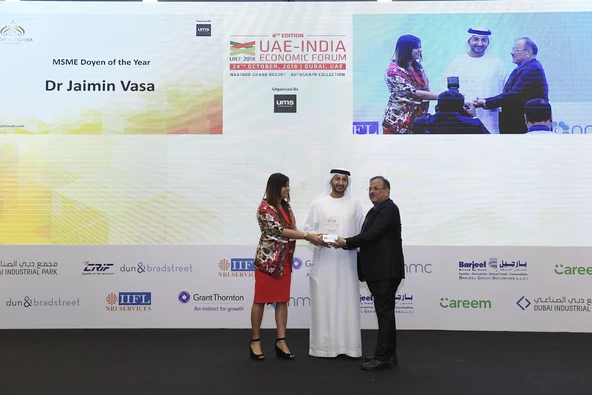
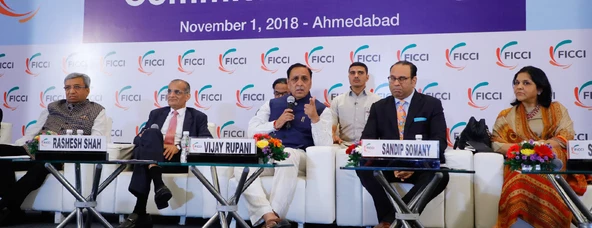
Leave a Reply